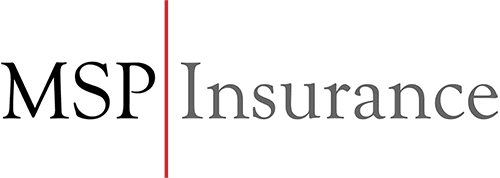
In recent years, the insurance industry has witnessed a significant influx of private equity (PE) firms. While some may argue that this trend injects capital and innovation into the market, there is a growing concern within the privately held insurance agency community about the long-term implications of PE involvement. This article aims to shed light on why private equity insurance agents could be detrimental to both the insurance market and consumers.
Short-Term Focus vs. Long-Term Relationships
Privately held insurance agencies have traditionally thrived on building long-term relationships with clients, emphasizing personalized service and deep understanding of individual needs. In contrast, PE firms often operate with a short-term investment horizon, focusing on rapid financial returns. This approach can lead to a deprioritization of customer relationships and a decline in the quality of service, which is vital in the insurance sector where trust and reliability are paramount.
The Push for Profit and its Impact on Consumers
The primary goal of a private equity firm is to maximize profits, often leading to aggressive cost-cutting measures. While operational efficiency is important, extreme cost reductions can result in understaffing, reduced claim support, and limited customer service. For consumers, this could mean reduced agent conversations, inadequate claim handling, and a general decline in the quality of service they receive.
Risk of Market Instability
PE firms are known for leveraging significant amounts of debt to finance their acquisitions. This high leverage can make PE-owned insurance agencies more vulnerable to financial instability, especially in times of economic downturn. Such instability can have far-reaching consequences, including the potential for abrupt location or staff reduction, adversely affecting both the market and the consumers relying on these policies.
Decrease in Market Diversity
The entry of PE firms often leads to market consolidation, as they acquire multiple agencies to create larger, more profitable entities. This consolidation can reduce market diversity, leading to less competition and potentially higher insurance premiums for consumers. A diverse market with a mix of large and small, publicly and privately owned agencies is essential for healthy competition and fair pricing.
Ethical and Regulatory Concerns
Privately held insurance agencies often view the involvement of PE firms with caution due to potential ethical and regulatory issues. The aggressive profit motive of PE firms might lead to questionable practices, such as the writing of riskier policies or the use of complex structures that obscure transparency. This lack of transparency can be detrimental to policyholders who may not fully understand the risks or terms of their insurance policies.
Conclusion
While the infusion of capital and some business strategies from private equity firms can be beneficial, their increasing involvement in the insurance industry raises several concerns. The focus on short-term gains, potential for reduced service quality, market instability, decreased competition, and market shrinkage pose significant risks to both the insurance market and its consumers. It is crucial for traditional privately held insurance agencies to continue advocating for the values of long-term customer relationships, stability, and transparency that have long defined this industry.

